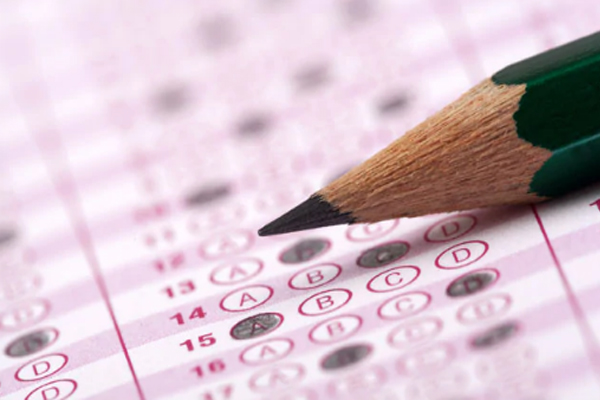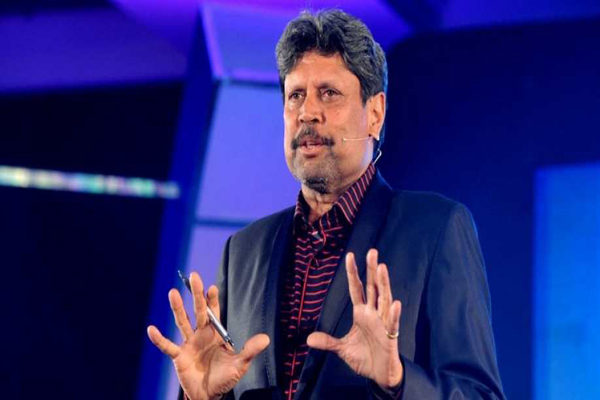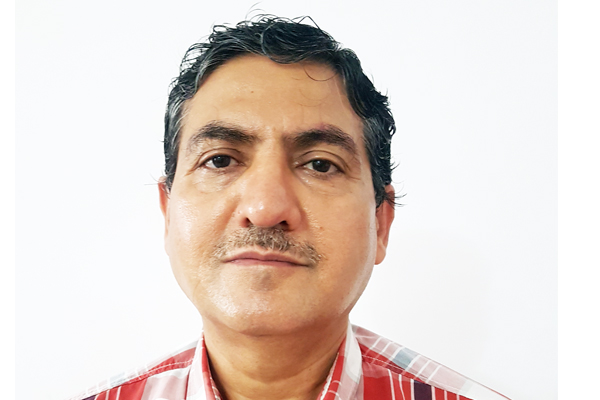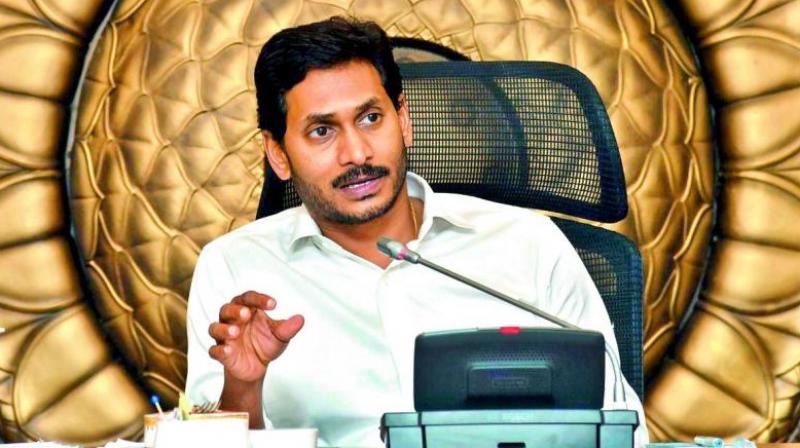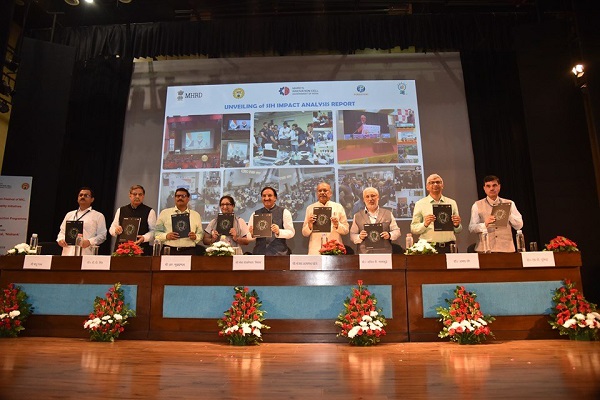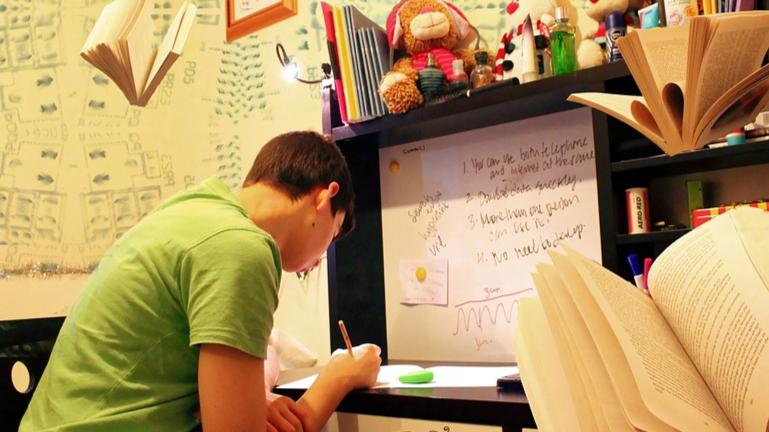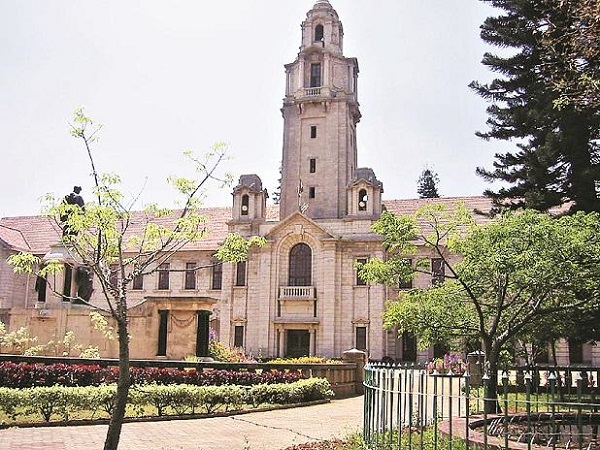The Indian Institute of Management (IIM) Kozhikode will be conducting the Common Admission Test (CAT) 2019 on November 24, 2019, across the country. Students planning to apply to various postgraduate and fellow programmes at IIMs are required to appear for the CAT exam. The window for applying for CAT 2019 will end in two days. The last date for applying is September 18, 2019.
Students can visit the official website of IIM CAT to register themselves by clicking on ‘New Candidate Registration’. After entering the name, date of birth, email ID and other details as required, the candidates will have to log in using the credentials generated to complete the registration process and pay the fee.
The CAT 2019 will be held in two slots in a single day on November 24, 2019. It is a mandatory entrance exam to apply for PGP 2020-22 and other programmes at 20 IIMs and top-rated B schools across the country.
Application fee for students belonging to General, EWS, and OBC category is Rs 1,900
whereas, for students from SC, ST, PwD is Rs 950.
Students are advised to keep in mind important dates for CAT 2019 mentioned below:
- Registration: August 7, 2019, to September 18, 2019.
- Tutorial on the official website: Oct 18, 2019
- Admit card download: October 29, 2019, till the exam day
- Exam date: November 24, 2019 (Sunday)
- Results: 2nd week of January 2020 (Tentative)







